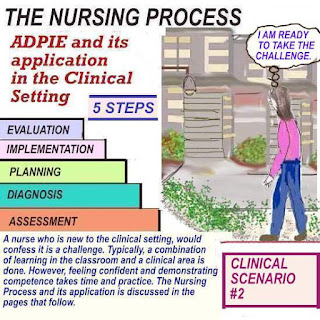SIMPLIFYING CARDIOGENIC SHOCK
Identifying heart function
The heart is a pump which pumps blood all around the body.
When the heart becomes damaged either by injury such as
myocardial infarction, trauma, or cardiomyopathy
(weakness of the heart muscle), a state of shock may
occur. The heart loses its ability to deliver oxygenated
blood to the entire body. Learn more:
When the heart becomes damaged either by injury such as
myocardial infarction, trauma, or cardiomyopathy
(weakness of the heart muscle), a state of shock may
occur. The heart loses its ability to deliver oxygenated
blood to the entire body. Learn more:
What is Cardiogenic Shock?
Cardiogenic shock is also known as pump failure.
The mortality rate for this condition is fairly high.
Quick action and accurate assessment is needed
to recognize and treat cardiogenic shock.
Learn more: Cardiogenic shock
The mortality rate for this condition is fairly high.
Quick action and accurate assessment is needed
to recognize and treat cardiogenic shock.
Learn more: Cardiogenic shock
Diagnosing Cardiogenic Shock
Cardiac studies (determined by the doctor), will be
done to confirm the diagnosis. Ventilatory support
may be necessary to ensure adequate oxygenation.
Patient and family education will help to relieve
the anxiety associated with this condition.
Learn more: Chest pain assessment and quiz
done to confirm the diagnosis. Ventilatory support
may be necessary to ensure adequate oxygenation.
Patient and family education will help to relieve
the anxiety associated with this condition.
Learn more: Chest pain assessment and quiz
What is Ventricular Tachycardia?
Ventricular tachycardia is a life-threatening cardiac
rhythm which may result from cardiogenic shock.
Ventricular tachycardia may even progress to
ventricular fibrillation. This is a lethal rhythm.
rhythm which may result from cardiogenic shock.
Ventricular tachycardia may even progress to
ventricular fibrillation. This is a lethal rhythm.
Scenario: Mrs. Z had an assessment done by her nurse.
Her oxygen saturation was 88, so supplemental oxygen
Her oxygen saturation was 88, so supplemental oxygen
was administered via nasal cannula and her vital signs
were taken. She feels less anxious. Her doctor was
notified and she is being prepared for transfer to
CCU as ordered. Enjoy watching the videos:
Sessions 37-Diagnostic Tests (Part 3)
were taken. She feels less anxious. Her doctor was
notified and she is being prepared for transfer to
CCU as ordered. Enjoy watching the videos:
Sessions 37-Diagnostic Tests (Part 3)
Do you know your heart





Comments
Post a Comment